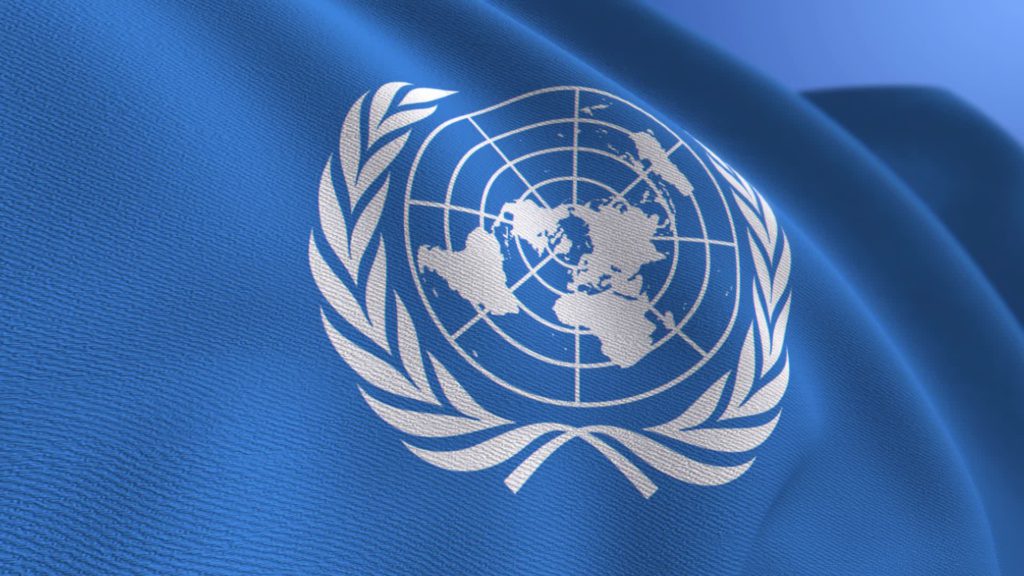The International Covenant on Civil and Political Rights (ICCPR) has been applied by Macau’s judiciary “in ways that are not consistent,” the United Nations Human Rights Committee warned on Wednesday at a meeting with representatives from the administrative region
In a two-hour session held by video conference, the UN Human Rights Committee, meeting in Geneva, Switzerland, questioned a delegation from the Chinese territory, led by the secretary for administration and justice, André Cheong, on the implementation of the ICCPR in the territory.
“It appears that the ICCPR has been applied by the judiciary in ways that are not consistent with its meaning as interpreted and reflected in the jurisprudence of this commission,” warned member Christopher Arif Bulkan.
The Guyanese lawyer, the first of four committee members to question the Macau delegation, cited several examples, notably the decisions of the court of last instance (TUI) when, in 2021, it banned a vigil in honour of the victims of the Tiananmen massacre and, in another instance, confirmed the exclusion of pro-democracy candidates from the local parliamentary race.
“In all these instances, the pact has been misinterpreted,” Bulkan noted.
The TUI’s decisions, the official further pointed out, “suggest that the various institutions [in Macau] are not familiar” with the convention. He wondered: “How is knowledge of this same agreement disseminated in society?
Liu Dexue, of the Macau legal affairs bureau, explained that, “in order to protect human rights and implement” this pact, the local government has paid “great attention to raising awareness and training judges and those who apply the law,” having already organised a series of lectures and workshops with around 1,000 participants.
Liu Dexue added that, according to the Basic Law (mini-constitution of the territory), the ICCPR is “implemented through the laws of Macau”.
Bulkan was not satisfied with the answer: “Macau mentioned in the report [sent in 2021] that the covenant has been applied by the court in 32 cases. (…) Can you tell us in which cases, to get a sense of how it is implemented, what rights were involved and, in particular, whether violations of the agreement were found in some of those cases?”
The Macau representatives, who will have two more sessions with the commission over the next two days, noted that this and other answers left unanswered will reach the UN in writing.
Shuichi Furuya, also a member of the committee, highlighted at the session the fact that the 2016 law on preventing and combating domestic violence does not include same-sex couples.
The Japanese official wanted to know what measures the region is taking for the “legal recognition of transgender people” and for this group to be able to change gender identification in birth records or identity documents.
The secretary for administration and justice of the special administrative region noted that these were “controversial issues in eastern societies, deeply influenced by traditional values and cultures,” and that “Macau is no exception.
“Without the formation of a social consensus, it will be difficult to get the support of the legislative body to amend laws. Therefore, it is necessary to conduct an inclusive dialogue,” Cheong said.
The International Covenant on Civil and Political Rights is one of the instruments that make up the UN International Charter of Human Rights.
In 1992, when Macau was still a territory administered by Portugal, Lisbon extended the convention to the region.
Although China signed the treaty in 1998, it has never ratified it and is not bound by its provisions.



